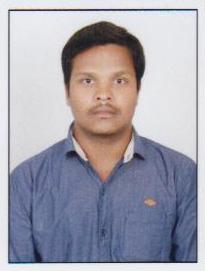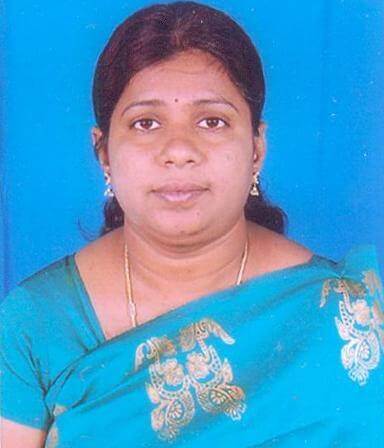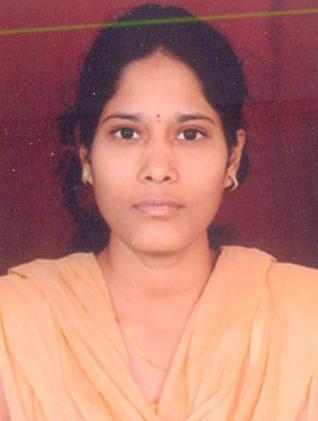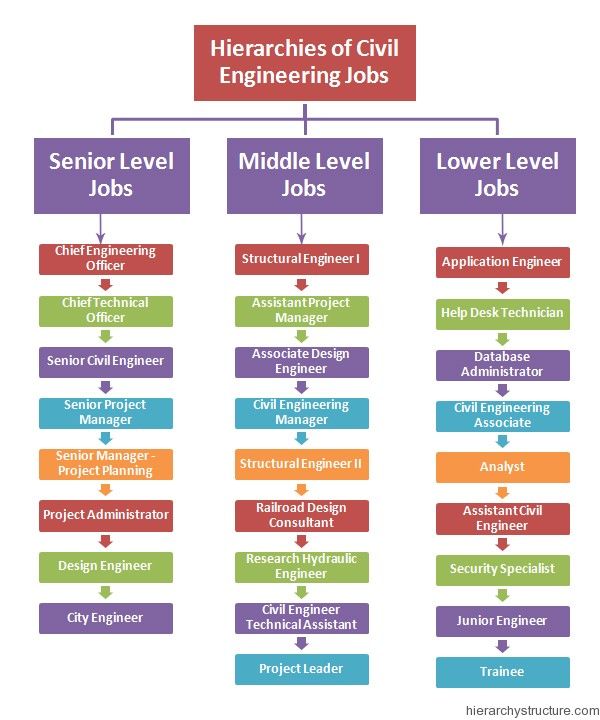Civil Engineering Department
Department Introduction

Head of the Department
Contact: 9652890624
Email: hodcivil@induriet.edu.in
The Department of Civil Engineering established in 2009 has a strong of infrastructure supported by well qualified experienced and dedicated Faculty members. The Department focuses not only on class room teaching but also the practical aspects of the content covered in the class . The entire course curriculum includes class room teaching, summer projects, education tours, video lectures training on Structural packages, innovations in Civil Engineering (CIVAIONS) and building models.
What we have
The Department has well equipped laboratories with all necessary advanced sophisticated equipments to satisfy the needs of students and to meet research and consultancy requirements .
The educational objectives of the civil engineering program are designed to produce skilled engineers who are ready to contribute effectively to the civil engineering profession and are ready to handle the challenges of the profession. The civil engineering department is committed to produce civil engineers who
1. Shall apply fundamental technical knowledge and skills to find creative solutions to technological challenges and problems in various areas of basic sciences and engineering.
2. Shall be able to analyze, design and use skills in order to formulate and solve civil engineering problems.
3. Shall be able to practice civil engineering in a responsible, professional and ethical manner and implement eco- friendly sustainable technologies for the benefit of industry and society.
4. To take up higher education & to engage in research and development in civil engineering and allied areas of science and technology.
Students in the Civil Engineering programme should, at the time of their graduation, be able to
(a) Engineering knowledge: Apply the knowledge of mathematics, science, engineering fundamentals, and an engineering specialization to the solution of complex engineering problems.
(b) Problem analysis: Identify, formulate, review research literature, and analyze complex engineering problems reaching substantiated conclusions using first principles of mathematics, natural sciences, and engineering sciences.
(c) Design/development of solutions: Design solutions for complex engineering problems and design system components or processes that meet the specified needs with appropriate consideration for the public health and safety, and the cultural, societal, and environmental considerations.
(d) Conduct investigations of complex problems: Use research-based knowledge and research methods including design of experiments, analysis and interpretation of data, and synthesis of the information to provide valid conclusions.
(e) Modern tool usage: Create, select, and apply appropriate techniques, resources, and modern engineering and IT tools including prediction and modeling to complex engineering activities with an understanding of the limitations.
(f) The engineer and society: Apply reasoning informed by the contextual knowledge to assess societal, health, safety, legal and cultural issues and the consequent responsibilities relevant to the professional engineering practice.
(g) Environment and sustainability: Understand the impact of the professional engineering solutions in societal and environmental contexts, and demonstrate the knowledge of, and need for sustainable development.
(h) Ethics: Apply ethical principles and commit to professional ethics and responsibilities and norms of the engineering practice.
(i) Individual and team work: Function effectively as an individual, and as a member or leader in diverse teams, and in multidisciplinary settings.
(j) Communication: Communicate effectively on complex engineering activities with the engineering community and with society at large, such as, being able to comprehend and write effective reports and design documentation, make effective presentations, and give and receive clear instructions.
(k) Project management and finance: Demonstrate knowledge and understanding of the engineering and management principles and apply these to one’s own work, as a member and leader in a team, to manage projects and in multidisciplinary environments.
(l) Life-long learning: Recognize the need for, and have the preparation and ability to engage in independent and life-long learning in the broadest context of technological change.

HOD, Professor
M.Tech, Ph.D

Associate Professor
M.Tech

Associate Professor
M.Tech

Assistant Professor
M.Tech

Assistant Professor
M.Tech

Assistant Professor
M.Tech

Assistant Professor
M.Tech





